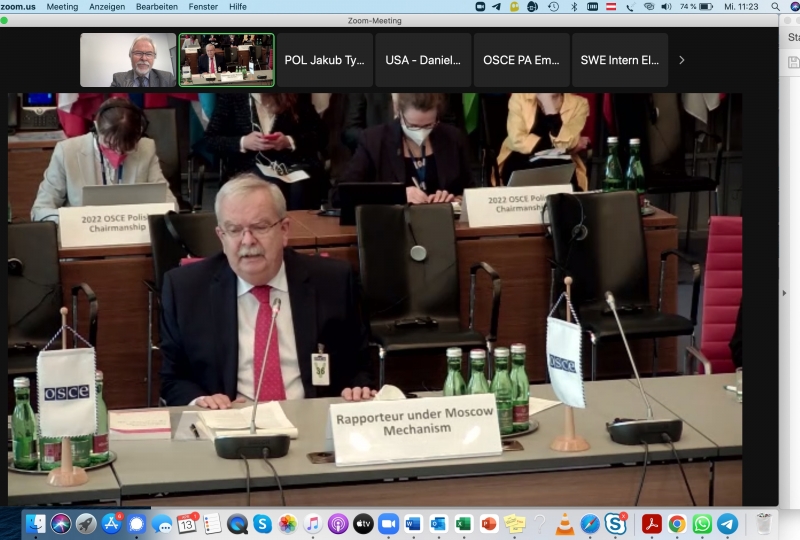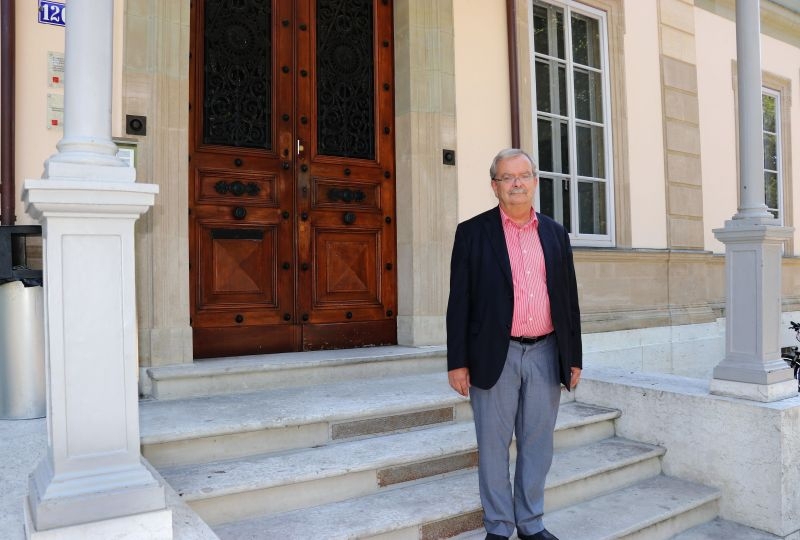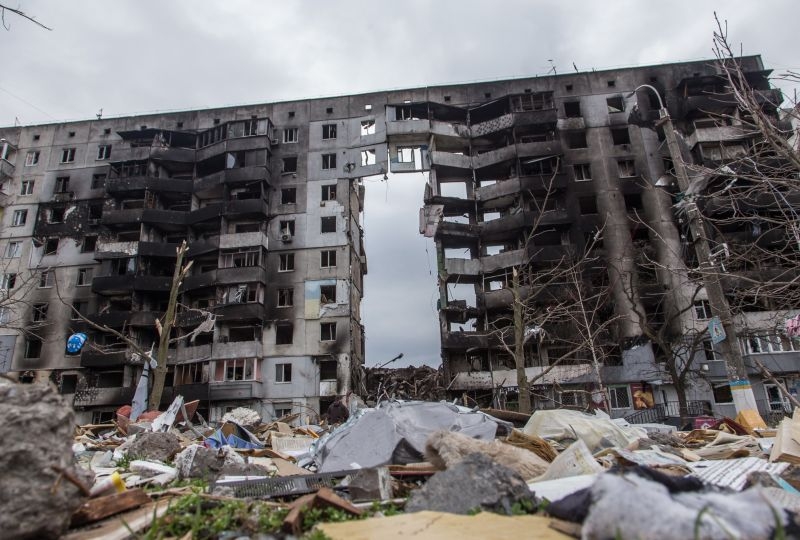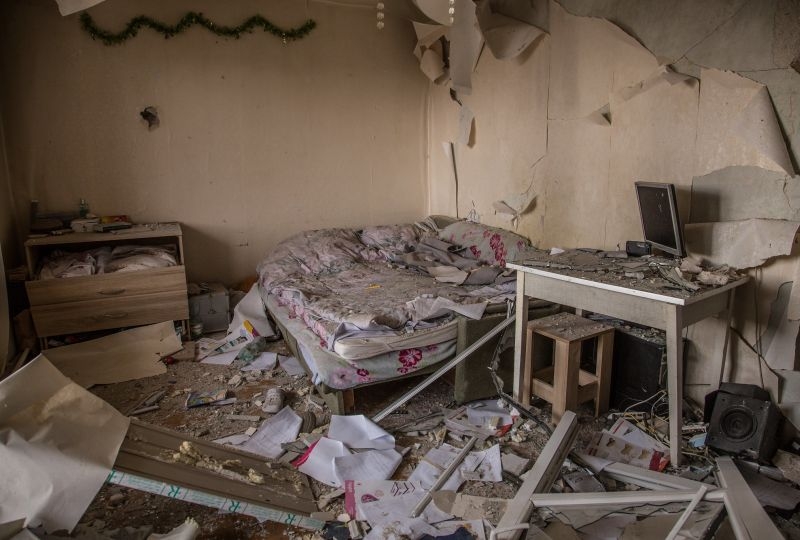The report was presented on 13 April by the three experts to the OSCE Permanent Council.
Professor Sassòli was in charge of the IHL part of the report. In that part, the mission found that, during the period under consideration, violations of IHL occurred both on the Ukrainian as well as on Russian sides. It also found that both sides have also, in many instances, respected IHL. The Russian violations are, however, more serious in nature and scale.
Regarding violations of IHL, the mission found clear patterns of violations by the Russian forces on many of the issues investigated. This concerns in particular their conduct of hostilities.
‘It is not conceivable that so many civilians would have been killed and injured and so many civilian objects, including houses, hospitals, cultural property, schools, multi-story residential buildings, administrative buildings, penitentiary institutions, police stations, water stations and electricity systems would have been damaged or destroyed if Russia had respected its IHL obligations in terms of distinction, proportionality and precautions in conducting hostilities in Ukraine’ underlines Professor Sassòli.
‘The conduct of the siege of Mariupol is an extreme example. Much of the conduct of Russian forces in parts of Ukraine it occupied before and after 24 February 2022, including through its proxies, the self-proclaimed ‘republics’ of Donetsk and Luhansk, equally violates IHL of military occupation’ he adds.
Some violations and problems were also identified regarding the practices of Ukraine.
‘The mission is in particular concerned about the treatment of prisoners of war, originally considered criminals, and treated in ways that are incompatible with Geneva Convention III. However, allegations that Ukraine and not Russia had caused some of the death, injury or destructions attributed to Russia by the media, Ukrainian authorities and NGOs could not be confirmed’ explains Professor Sassòli.
‘The mission is also astonished about the small number of prisoners of war acknowledged by both parties and regrets that they do not yet benefit from ICRC visits prescribed by Geneva Convention III’ he adds.










